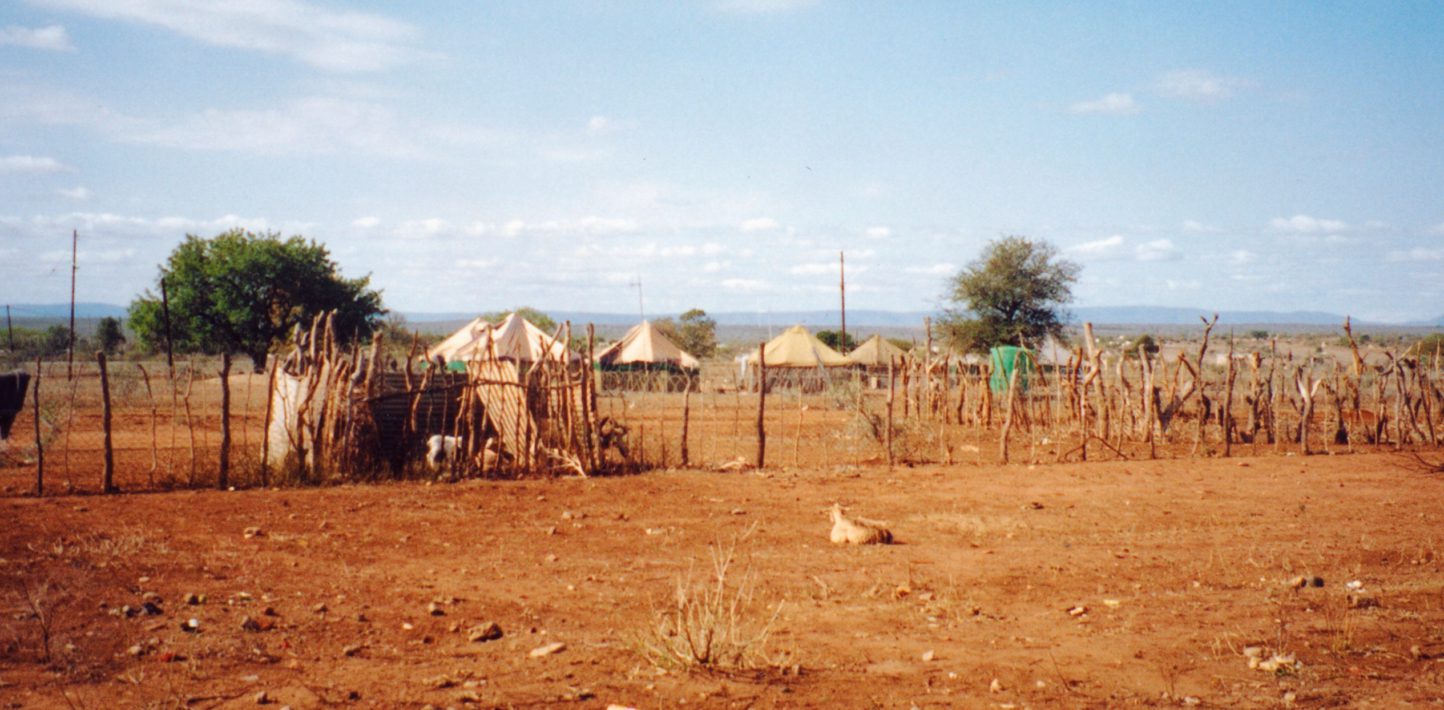The Swazi government is continuing to use repressive laws, including the 1938 Sedition and Subversive Activities Act (SSA Act) and the 2008 Suppression of Terrorism Act (STA) as a tactic to silence its critics and suppress their rights to freedom of expression, association and peaceful assembly, said Amnesty International on the 47th anniversary of its independence on 6 September.
It is ironic that as Swaziland celebrates 47 years of independence from Britain today it continues to use legislation to shut down dissenting voices used by the colonial regime for the same purpose
said Deprose Muchena, Amnesty International’s Director for Southern Africa
Swazi authorities must stop persecuting human rights defenders and political opponents in the country and allow them to carry out their work without harassment and intimidation
Deprose Muchena
Critics of Africa’s last remaining absolute monarchy, who regularly advocate for the opening up of the political space in the country and the respect for human rights, are put in jail or face other forms of harassment, including persecution and surveillance. The government is also misusing its criminal justice system to criminalize and stigmatise their activities, imposing charges like contempt of court or sedition.
Mario Masuku, leader of the banned opposition party PUDEMO, and 13 other political activists continue to face prosecution under these repressive laws.
Mario Masuku and youth leader, Maxwell Dlamini spent more than a year in prison after being arrested at a worker’s day rally on 1 May 2014. Mario Masuku was denied access to adequate and independent medical care, which he needed urgently, throughout his 14 months in detention.
Human rights lawyer, Thulani Maseko, is also currently facing charges under the SSA Act. Although he was released in June 2015 after serving 17 months in prison for contempt of court, sedition charges were re-instated in September 2014 after first being raised against him in 2009. Amnesty International considered him to be a prisoner of conscience as he was imprisoned solely for peacefully exercising his rights.
“The Swazi authorities must repeal or immediately amend these repressive acts and withdraw all criminal charges against human rights defenders and political opponents under these laws. They must also stop abusing the criminal justice system to supress the rights of freedom of expression, association and peaceful assembly in the country.”
Background
Swaziland gained its independence from Britain on 6 September 1963. The country was under the British colonial rule since 1903 before becoming independent. Current Head of State, King Mswati III has ruled Swaziland since 1986 further entrenching oppressive rule in the country.
Editor’s Notes:
Swaziland’s High Court will hear a case from 8-10 September 2015 to challenge the SSA Act and the STA Act brought by individuals directly affected by these laws. Judgement is not expected immediately, however.


